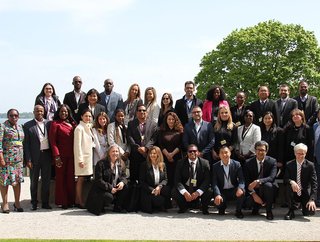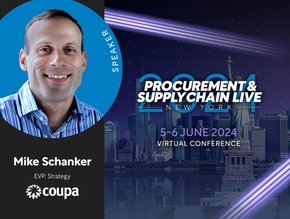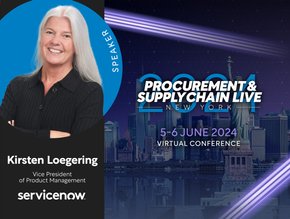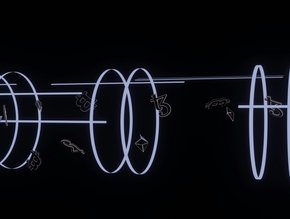How WTO is Helping Governmental Procurement

10 years after the Agreement came into effect, the workshop on the Agreement on Government Procurement (GPA) 2012 was recently held in Geneva over three days.
Featuring over 30 government officials from developing economies, the purpose of this five-day activity was to enhance participants’ expertise regarding trade and government procurement and to improve understanding of the benefits of the Agreement.
How government procurement is being shaped
The GPA 2012 is a unique instrument that recognises the importance of sustainable development, bringing benefits to both exporters and governments involved in procurement.
Speaking at the opening session on 29 April, World Trade Organisation (WTO) Deputy Director-General Johanna Hill highlighted that this year marks the 10th anniversary of the entry into force of the GPA 2012.
“This is a special year and, indeed, month for the GPA 2012,” she says. “Over the last 10 years, seven WTO members have acceded to the Agreement.

"As a result, the GPA 2012 now covers 49 WTO members. In addition, we currently have 35 WTO member observers, several of which are negotiating their GPA accession.”
Held simultaneously in English, French, and Spanish, the workshop covered the relationship between the GPA 2012 and development issues, such as market access, flexibilities for developing economies, good governance, sustainable public procurement, the participation of small and medium-sized enterprises in global trade, and e-procurement.
It also looked at the benefits of the GPA 2012 and the procedure for acceding to the agreement.
Participants also heard about the synergies and complementarities between the GPA 2012 and other government procurement international instruments, including regional trade agreements.
The program benefited from the expertise of various WTO and other experts and consisted of practical exercises, including on the use of the e-GPA gateway and on applying GPA rules to a hypothetical scenario.
It also included a simulation of a GPA accession negotiation.
The history of the GPA
The GPA traces its origins back to 1979 as the Tokyo Round Code on Government Procurement, which took effect in 1981 under the General Agreement on Tariffs and Trade. Renegotiated during the Uruguay Round in 1994, the revised version took effect on 1 January, 1996.
Anticipating further improvements, an understanding for revisions was reached in December 2006. Consequently, the agreement was revised on 30 March, 2012, with the updated GPA coming into effect on 6 July, 2014. Since 1 January, 2021, this revised version has been applicable to all members.
The Government Procurement Agreement (GPA) is a plurilateral agreement under the WTO framework, involving 22 parties from 49 WTO members.
Its primary goal is to open government procurement markets among its parties, worth over US$1.7tn annually, to international competition.
The GPA consists of the Agreement's text and market access schedules of commitments.
These commitments determine which procurement activities are covered. Administered by the committee on Government Procurement, the GPA is enforced through domestic review mechanisms and the WTO dispute settlement mechanism.
The GPA evolved from early OECD efforts and the Tokyo Round of Trade Negotiations, culminating in the GPA 1994.
Negotiations led to the GPA 2012, which replaced the GPA 1994. Parties continuously aim to enhance the GPA, working towards reducing discriminatory measures and expanding coverage through ongoing negotiations and work programs.
******
Make sure you check out the latest edition of Procurement Magazine and also sign up to our global conference series - Procurement & Supply Chain LIVE 2024
******
Procurement Magazine is a BizClik brand
- How Soldo is Driving Efficient Spend ManagementProcurement Strategy
- McKinsey's Report Outlines Issues Facing Procurement LeadersProcurement Strategy
- Driving Transparency: Volkswagen's Raw Material ReportProcurement Strategy
- P&G Honours Suppliers Driving Excellence in Supply ChainsSustainability






